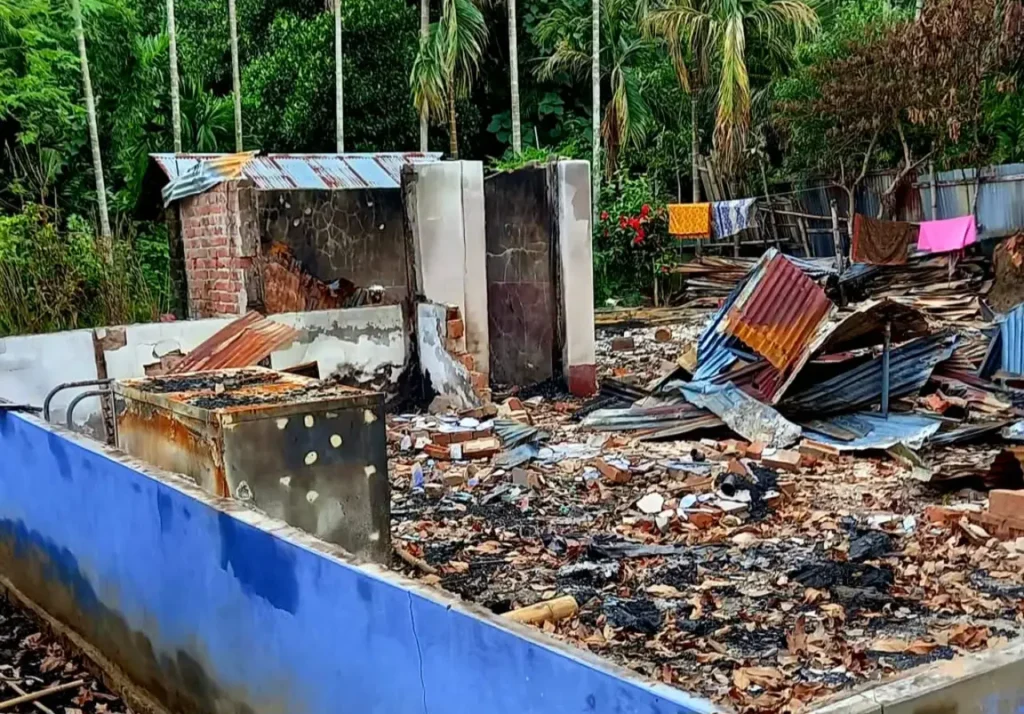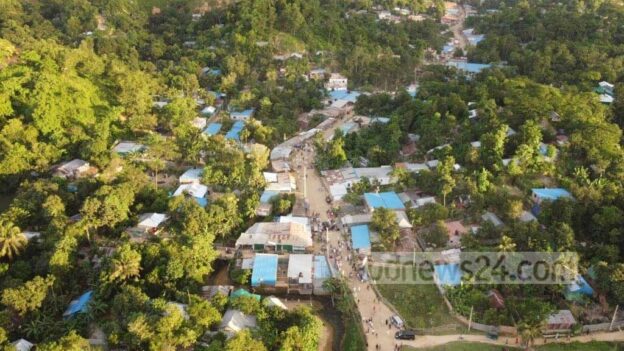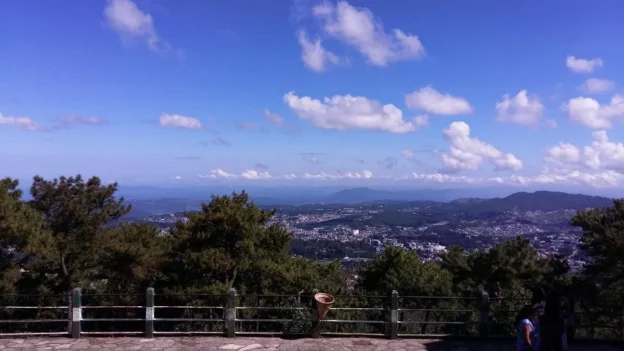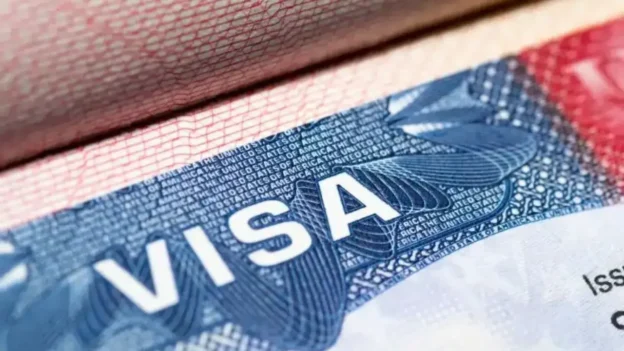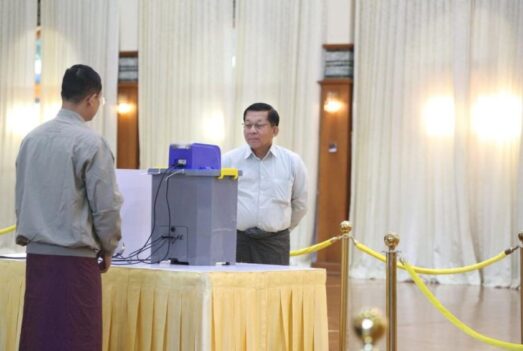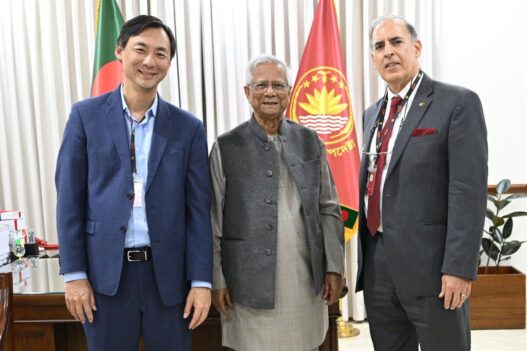The Parbatya Chattagram Jana Samhati Samiti (PCJSS), the leading political organization representing indigenous peoples in Bangladesh’s Chittagong Hill Tracts (CHT), has condemned a wave of deadly communal attacks that erupted in Khagrachari and Guimara last week, leaving three indigenous men dead, dozens injured, and entire communities in ashes following the gang rape of a 12-year-old Marma schoolgirl.
In a searing statement, PCJSS accused Bengali settlers, army personnel, and armed outsiders of jointly orchestrating the violence in what it described as “a continuation of decades of systemic persecution and impunity” against the Jumma peoples.
According to the organization, 21 incidents of rape, attempted rape, sexual assault, and harassment targeting indigenous women and girls have occurred between January and September 2025 — resulting in 29 victims of gender-based violence.
“Violence against indigenous women in the Hill Tracts is not an aberration but a pattern,” the statement said. “For generations, Jumma women have suffered barbaric crimes without justice. The state’s silence perpetuates impunity and emboldens the perpetrators.”
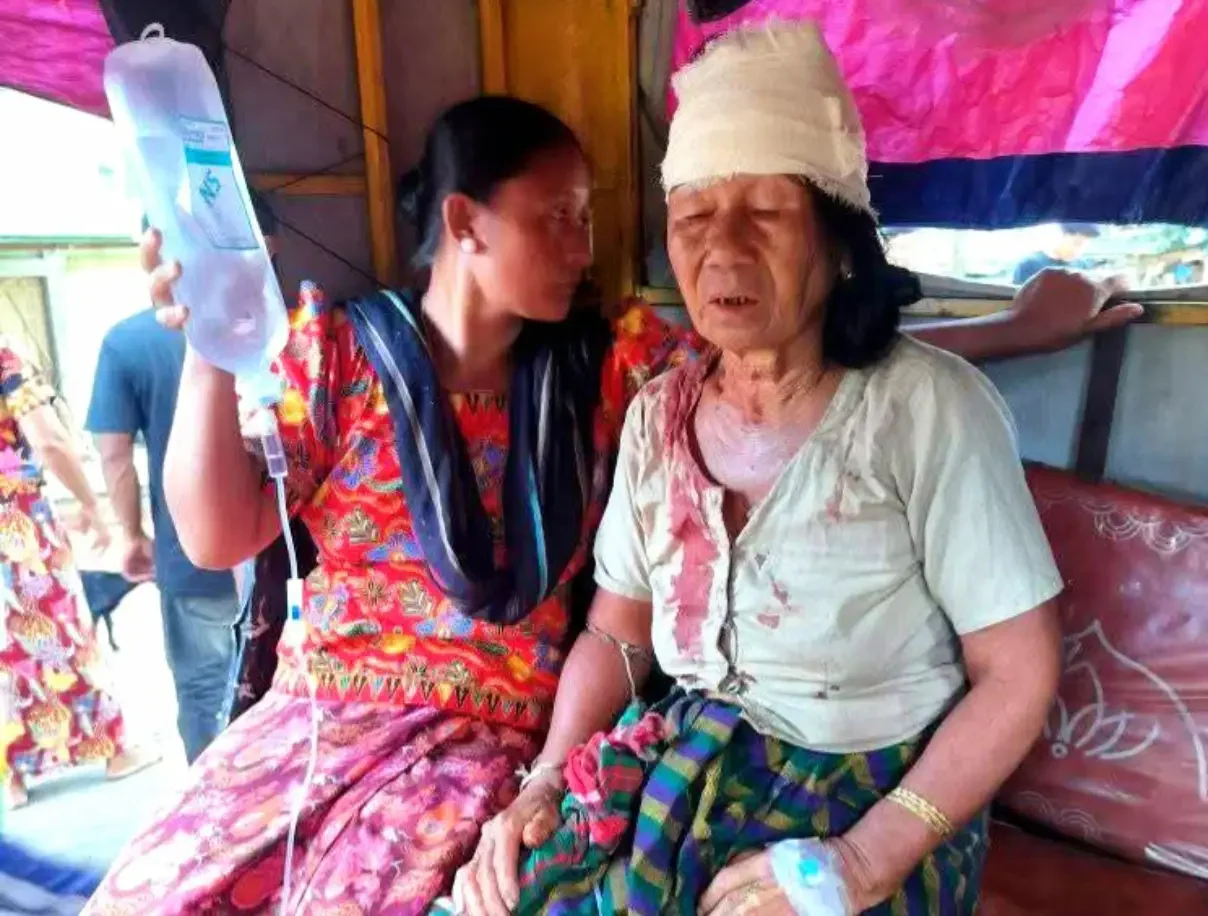
The latest unrest followed the gang rape of a 12-year-old Marma student. The assault occurred on September 23 when three Bengali settler youths allegedly abducted her near a Buddhist monastery in Singinala Ward No. 1.
Her father, Mongsajaing Marma, lodged a case with police but was reportedly compelled to record the attackers as “unidentified persons” after officers advised him not to mention that the suspects were settlers.
Outrage spread swiftly across the hills and cities, with student-led protests and rallies erupting in Khagrachari, Rangamati, Bandarban, Chittagong, and Dhaka. Demonstrators demanded immediate arrests and justice for indigenous victims of sexual violence, a chronic issue in the militarized region.
PCJSS said that on September 25, Ukyanu Marma, general secretary of the Bangladesh Marma Students’ Council (BMSC), was abducted and beaten by soldiers from the 203 Infantry Brigade while he was dining at a local tea shop in Madhupur Bazar.
He was later released after a wave of public outrage on social media. PCJSS called the incident “a deliberate act of intimidation to suppress legitimate dissent.”
Two days later, indigenous student groups under the banner ‘Jumma Chhatra-Janata’ enforced a district-wide blockade on September 27, demanding the arrest of the rapists. Authorities responded by imposing Section 144, banning public gatherings, citing fears of unrest.
Despite the restrictions, tensions exploded into violent confrontations between Bengali settlers and Jumma students in Khagrachari Sadar. Settlers allegedly armed with sharp weapons and iron rods attacked Jumma residents in Narankhaiya and Mahajan Para, injuring several people.
By the next day, violence had spiraled out of control. In Guimara upazila, PCJSS said army personnel, Bengali settlers, and masked outsiders jointly carried out a “coordinated attack” on Jumma protesters and nearby villages.
Witnesses told local monitors that the army opened fire on unarmed indigenous demonstrators at Ramsu Bazar, killing three young men — Akhra Marma (22), Thowaiching Marma (20), and Athuipru Marma (21) — on the spot and injuring more than 20 others.
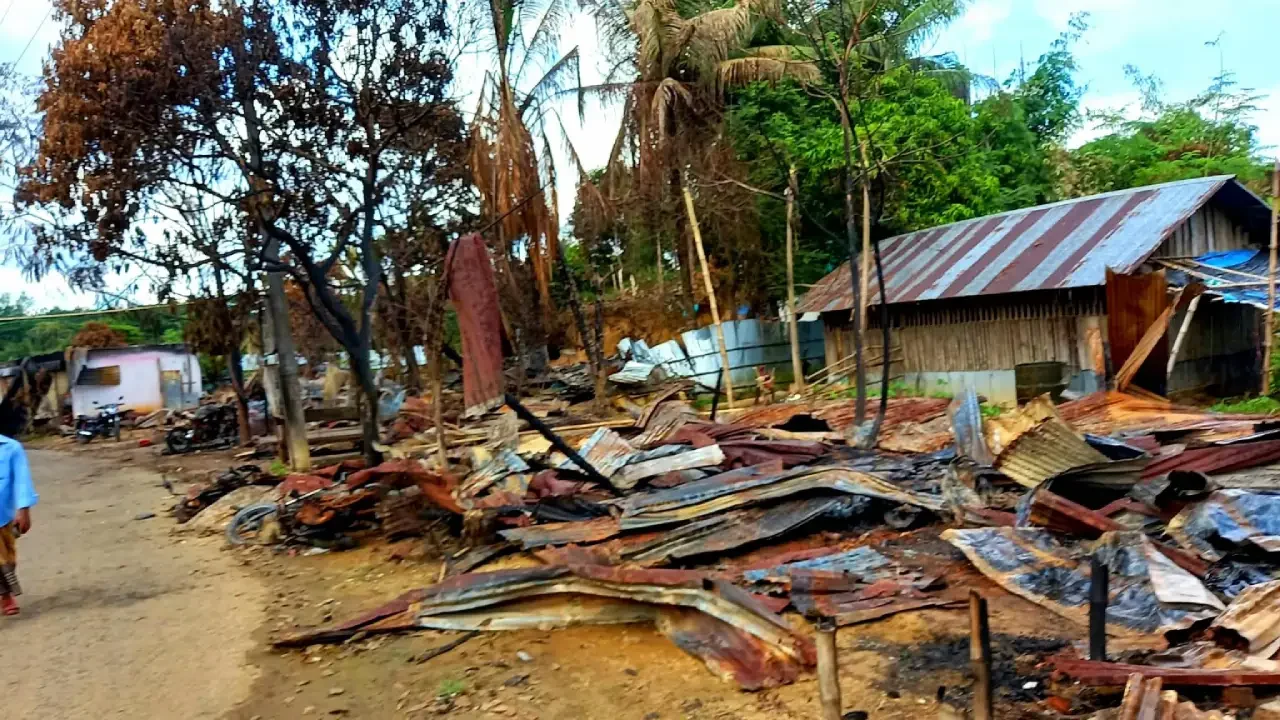
Entire settlements were razed. Fifty-four shops, 26 homes, and 16 motorcycles belonging to Jumma villagers were burned to ashes, causing losses estimated at 25 crore taka (about US$2 million).
PCJSS said the army also carried out violent baton charges in multiple areas of Khagrachari Sadar, including Swanirbhar Bazar, Giriful, and Kurdiachara. A 70-year-old woman, Abaima Marma, was severely injured. In Bhaibonchara, a college teacher, Junan Chakma, and a village doctor, Jyoti Shankar Chakma, were also beaten by soldiers.
“These incidents illustrate the collective punishment inflicted upon indigenous residents instead of the apprehension of the true culprits,” the statement read.
PCJSS acknowledged that some members of the United People’s Democratic Front (UPDF) — a rival political group — were accused of infiltrating peaceful protests and inciting clashes. The group, however, said this should not overshadow the “state-backed communal aggression” against Jummas.
The organization linked the latest bloodshed to a longer history of attacks that have scarred the region since the signing of the 1997 Chittagong Hill Tracts Accord, which promised peace and autonomy for Indigenous communities.
“At least 22 communal assaults have taken place since the Accord,” PCJSS said. “Each incident aims to destabilize the indigenous demography, dispossess Jummas of their ancestral lands, and instill terror to advance demographic engineering.”
The PCJSS called for an independent judicial inquiry into the Khagrachari and Guimara attacks, compensation and medical care for victims, and accountability for all perpetrators, including members of security forces.
“The Chittagong Hill Tracts Accord must be fully implemented,” the statement added. “It is the only viable path to peace, justice, and dignity for the Jumma peoples.”
Source : The Chittagong Hill Tracts

